AFP in tapped criminal phone bungle
Criminal trials around Australia may have been compromised by a secret police problem affecting thousands of wire taps.
National
Don't miss out on the headlines from National. Followed categories will be added to My News.
Exclusive: A police stuff-up could see hundreds of criminal trials compromised across Australia.
In a bombshell admission, the Australian Federal Police (AFP) conceded its covert wire-tap system had lost thousands of calls, which could jeopardise trials for terrorism, organised crime, drug offences, as well as Australia’s biggest tax fraud cases.
The AFP made the stunning revelations in the NSW Supreme Court, noting there was “no available explanation” for many of the lost calls.
The AFP also explained that those lost calls, or calls where the content was not captured, had not been revealed to the defence teams of people charged with serious crimes.
Mark Parncutt, the AFP’s team leader for covert intelligence intercept systems blamed the upgrade from 3G to 4G mobile networks for some failures.
But Mr Parncutt could not explain why other calls had been missed.
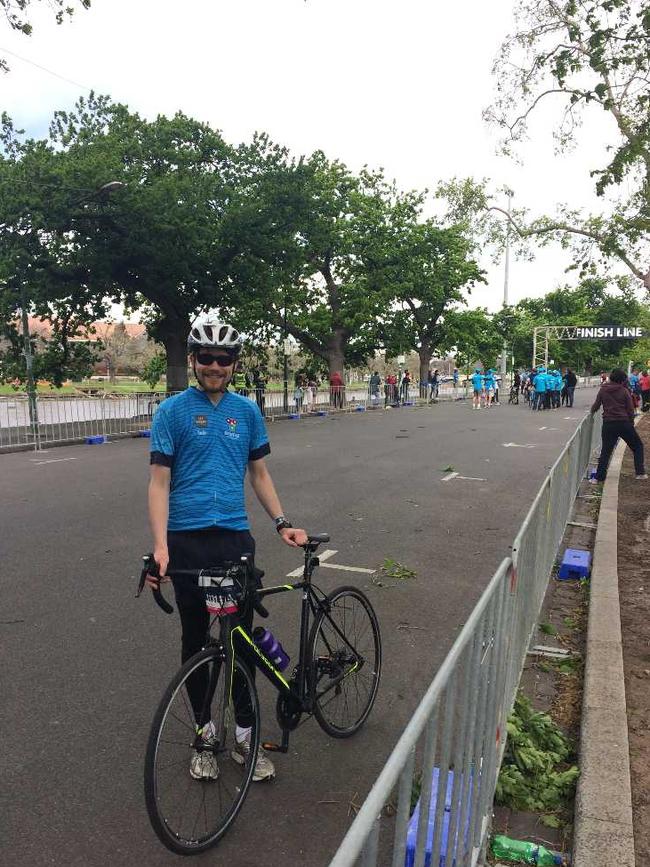
“Hundreds or thousands of calls were not captured … it was a common problem capturing 4G telephone intercepts across Australia … for law enforcement at the time,” Mr Parncutt said.
Mr Parncutt admitted he didn’t know if the glitches were with the telco carrier or with the AFP system.
“Either the carrier did not capture the conversation or the AFP system was not able to interpret the information,” he said.
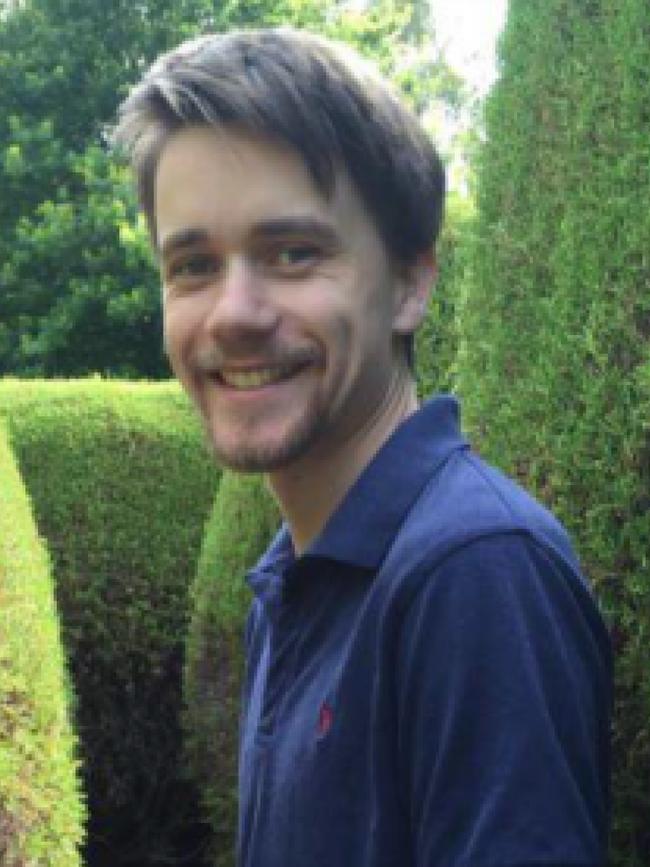
State police sources have told News Corp they were unaware of the glitches.
A Telstra spokesman said: “We are not aware of the issues that have been raised or if it involved our network, but will reach out to the law enforcement agency to understand what has occurred.”
A Vodafone spokeswoman said: “As far as we are aware, there have been no instances where law enforcement agencies have not obtained intercepted telephone content as a result of the changeover from 3G to 4G or 4G to 5G. According to our records, we have not received any such reports from law enforcement agencies.”
An Optus spokesman said they would not comment on services provided to police.
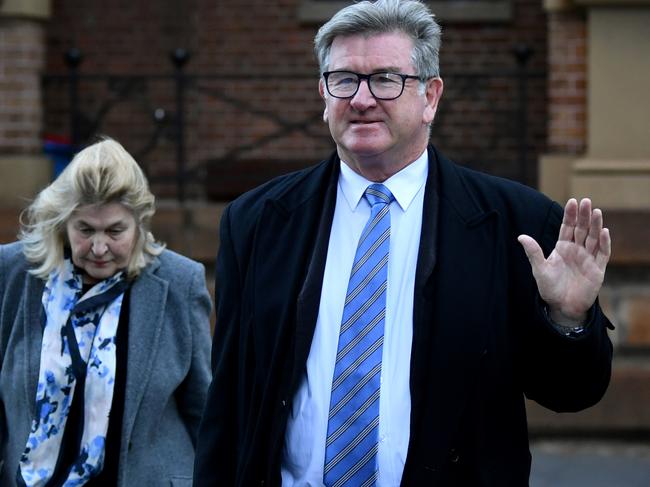
The lost calls were revealed in the blackmail trial of veteran journalist Steve Barrett.
Barrett pleaded not guilty to the charges and after eight weeks the trial resulted in a hung jury on Wednesday. He has maintained his innocence.
The court heard eight “pivotal” calls between Barrett and one of the convicted blackmailers, Daniel Hausman, were not captured including a first, critical, more-than-eight-minute-long call, which the defence team considered exculpatory.
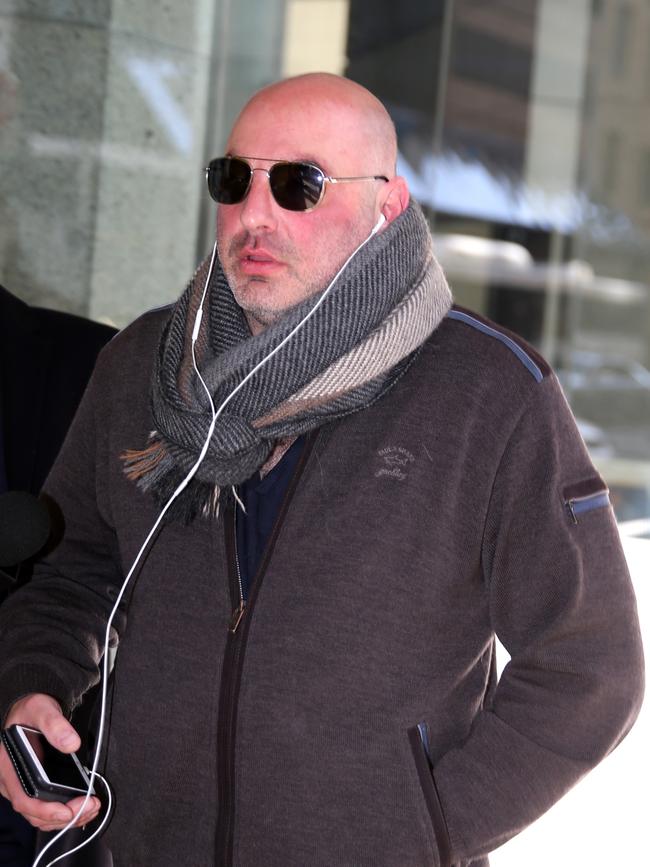
Mr Parncutt was giving evidence about events in 2017 and 2018 when the AFP had 1053 telephone intercept warrants in place.
Of those warrants 542 were for drug offences, 109 for terrorism, 145 for money laundering, 23 for serious fraud, and 17 for murder, according to statistics in the Telecommunications Interception and Access Annual Report.
But the upgrade to 4G began in Australia in 2015.
In 2017 the AFP was running its investigation Operation Elbrus into Australia’s biggest tax fraud cases known as the Plutus Payroll tax fraud. Eight cases have already been to court, and there are another seven cases yet to be tried.
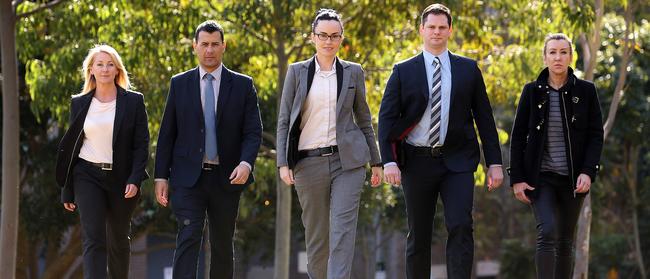
The AFP were also investigating the Melbourne terrorism case in which Hanifi Halis, 23, Samed Eriklioglu, 28, and his elder brother Ertunc Eriklioglu, 33, were plotting to gun down members of the public. They pleaded guilty.
Mr Parncutt and AFP agent Ron Knighton both told the court it was important for police to have access to all intercepted calls, and not having them could distort the view of a police investigation.
Mr Knighton also revealed the AFP did not disclose to defence teams that calls were missed.
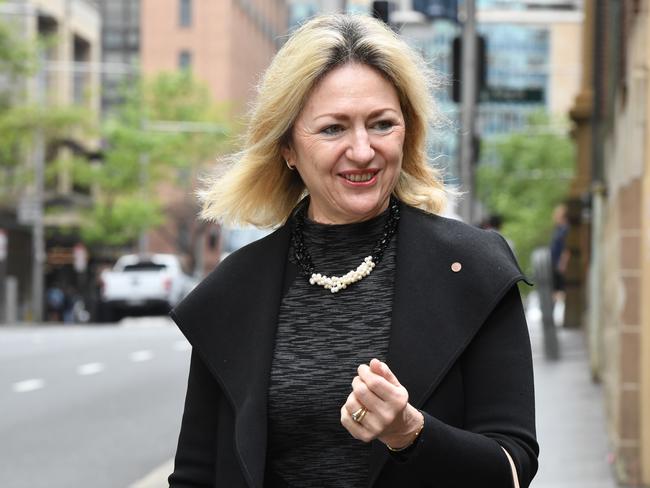
Former NSW crown prosecutor, now defence barrister and President of the Rule of Law Education Centre, Margaret Cunneen SC, said “if law enforcement agencies are not capturing the content of all calls covered by a warrant, an accused person may well be robbed of evidence which clarifies or even contradicts other evidence in the case.
“If the record of calls is incomplete it may well be too unfairly prejudicial to admit it.
“It is disturbing that the failure of the system to compile a complete record was not notified to the defence until a criminal trial was already underway.”
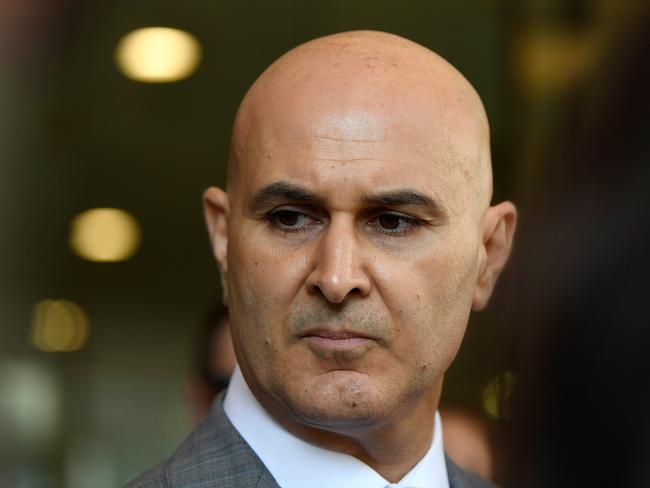
Criminal defence lawyer Danny Eid said “there is a legal obligation on the prosecution to ensure ongoing disclosure of all relevant material, including exculpatory evidence …. courts have to ensure a proper scrutiny for compliance.”
An AFP spokesman said “As this matter may be subject to an upcoming retrial, it is not appropriate for the AFP to provide further commentary.”
More Coverage
Originally published as AFP in tapped criminal phone bungle




